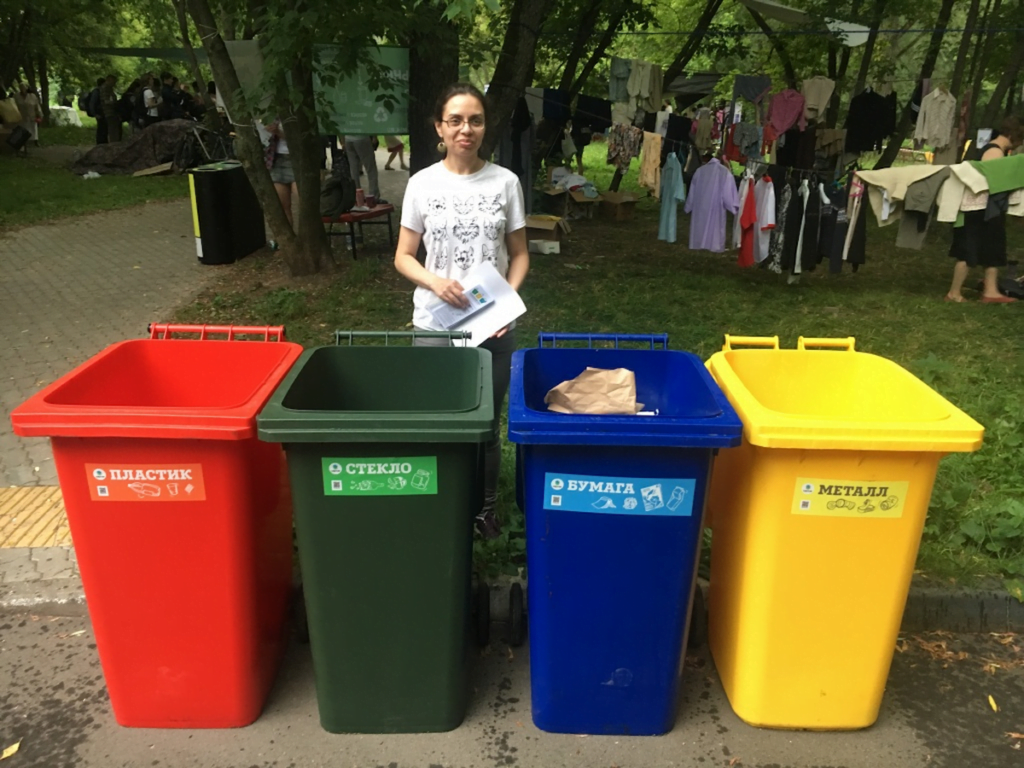Are you sick and weary of our waterways being contaminated by trash left on the streets? Are you interested in finding out how to shield the environment from dangerous waste products? You only need to consider garbage management systems! Effective methods for garbage management can be put into place to assist protect the natural world and lessen pollution. We shall examine the waste disposal systems’ operation and their contribution to a cleaner, healthier planet in this article. If your area needs cleaning and there is a lot of trash outside then browse book a skip and hire a cleaning company to do it for you.
Perform Routine Audits Of Waste
Finding solutions might be your main priority once you’ve determined which sections of your facility generate the most waste. Investigate and treat the underlying sources of waste that exist in your facility first. Simple adjustments such as increasing the use of materials that have been recycled can have a significant impact.
You may monitor your development and make sure your efforts are having a beneficial effect by conducting regular audits. One of the best strategies to lessen the effects on the environment, according to many institutions, is to undertake trash audits.
All Organic Stuff Should Be Composted Rather Than Thrown In The Trash.
Fresh food leftovers are one of the main issues with landfill garbage. Composting is a simple, all-natural process that converts kitchen trash into abundant nutrients and soil amendments that support plant growth. Methane is a powerful contributor to global warming that is produced by organic waste inside landfills, according to the EPA. The methane emissions from decomposing leftover food along with additional organic materials are greatly decreased.
As part of your cleaning process, if you’re cutting back on organic items in your kitchen cupboards or refrigerator, think about starting a compost, attending a program, or giving some organic food scraps to some nearby farm animals.
Recycling Rechargeable Batteries
Numerous gadgets used on campus require rechargeable batteries. All school buildings and departments make use of cordless power tools, personal computers, photography equipment, wireless and cell phones, and several other handheld gadgets. The recharging battery types that Purdue recycles are sealed lead acid, lithium-ion, which operates nickel arsenic (Ni-Cad), nickel aluminium hydride (Ni-MH), and mercury. The aforementioned batteries have the potential to leak heavy metals that harm the natural world when they break.
Don’t Limit Your Use of Reusable Shopping Bags to Groceries
You might already own an environmentally friendly grocery bag, similar to a reusable water bottle, but you probably leave it at home most of the time. To make it easier for you to keep track of, consider putting BAGS at the highest point of your list of food items or placing them in the rear seat wherever they are harder to overlook. You’ll save a few pennies by using fewer single-use plastic bags because numerous supermarkets will return you five cents for each bag.
Examine Your Existing Strategy.
Examine your present waste management strategy in light of the following:
- The kind and volume of trash generated
- The waste’s origin
- The financial and environmental implications of waste management
- The possible ways to cut back on waste
Facility managers can create an approach to waste management specific to their buildings by keeping those in mind. Assume for the moment that you wish to lower the quantity of paper waste that your company generates. Making the move to digital interaction and documentation can help you achieve this. Although there would be an upfront cost associated with the modification, there would be long-term cost savings.
The Program For Chemical Distribution
Now and again, substances of sufficient quality are delivered to EHS so that you can get them again. These substances will be found in their original packaging, complete with original labelling. The receptacle may be empty or filled, partially or fully opened, and free of contamination (we will simply visually inspect it for contamination). The following is a list of the most prevalent substances that can be distributed again:
- Mineral-based acids
- Trifluoroacetic acid with acetic acid
- 30% Hydrogen Peroxide
- Solid oxidizers, such as nitrates, chromates, chlorates, and permanganates
- Reactive substances (sulphides, hydrazones, metals hydrides, and alkali metals)
- Crystallized phenol
- Halogen-free solvents
- Bromine
Final Words
Systems for managing garbage are crucial for cutting down on pollution and safeguarding the environment. By putting into practice effective strategies that minimize, transform, recycle, or compost waste products, we may contribute to preventing additional harm to our world from irresponsible methods of consumption and disposal. Also read more blogsmag.co.uk interesting articles.

